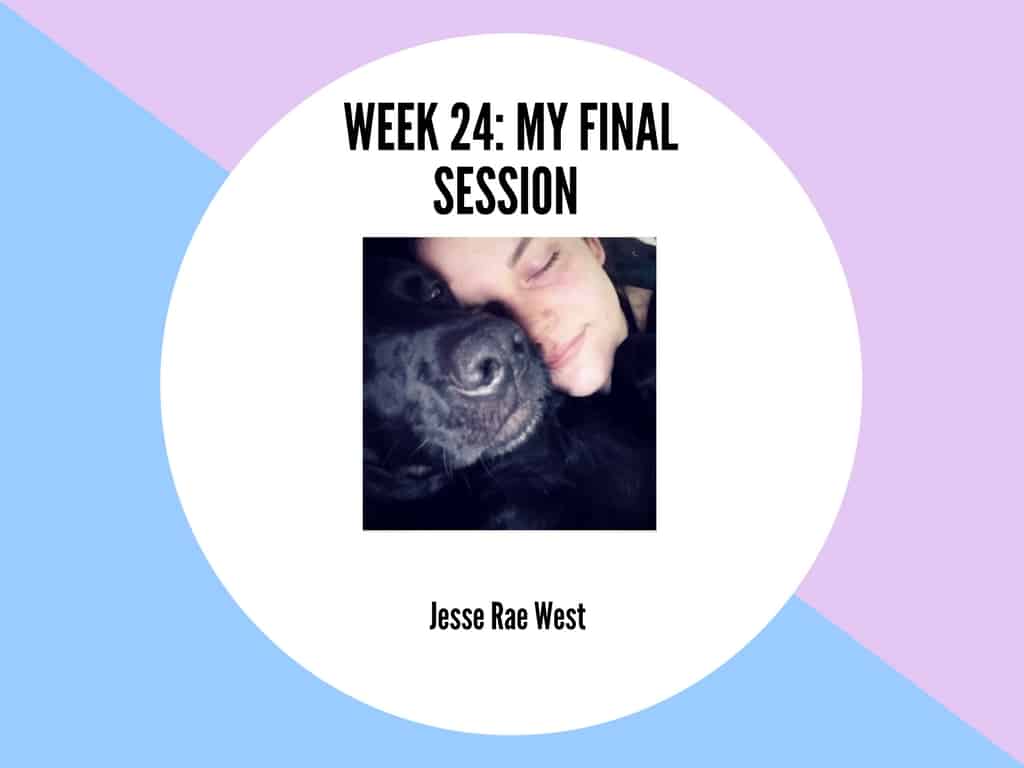Six months ago I was living in my own personal nightmare, a series of worst-case scenarios. When I went in for my last therapy session this week, I thought about my first visit to the hospital last summer. I had been diagnosed with Borderline Personality Disorder after struggling with my mental health for basically my entire life.
My partner at the time ended our relationship and moved out a few days later. I don’t think I had ever felt so discarded or alone. I remember dragging myself to the first day of therapy and before even making it into the hospital, collapsing on the front steps and crying like I had never cried before. Toronto was experiencing a heat wave at the time and the combination of heartbreak, uncertainty, and sweltering heat sent me into a dissociative panic attack that ended with me spending a day at the hospital. This was – without hyperbole – my breaking point.
When I started Dialectical Behaviour Therapy six months ago, I met nine of the nine criteria that must be present in order to diagnose someone as having Borderline Personality Disorder. I was a husk of a human. I thought there was a good chance I wouldn’t be around for my twenty-seventh birthday. I am so glad that I waited, that I made myself try. The skills I have learned around crisis survival, tolerating pain, labeling my emotions, acting opposite to my urges, radical acceptance and interpersonal effectiveness have changed me as a person.
I asked my therapist during our last session if I was “cured.” In true dialectical form, the answer isn’t yes or no. I am not currently experiencing all of the symptoms of Borderline Personality Disorder. I no longer meet the diagnostic criteria. I still cry almost every day, not always for sad reasons. Sometimes it’s because I see too many dogs at once or have an intensely happy moment. I still feel things hard and fast, but now I’m aware of problematic behaviours to look for in myself and the people I choose to engage with. My childhood was traumatic and I’ve been hurt a lot along the way. I will always struggle with my mood; depression and anxiety come easily to me. But I’ve let go of resentment, and getting better became my only option.
I need to acknowledge the privilege I’ve had around accessing this care. I don’t have many barriers in my way, whereas some folks really do struggle just to get a referral for an assessment with a psychiatrist. Had this research study not been looking for participants with BPD, I would have waited about five months from my diagnosis until I got care. Being assigned to a team of three therapists who I worked with weekly, all of whom not only tolerated but also celebrated things like my queerness, made me feel safer and more cared for than any medical professional has ever made me feel before. I was very lucky.
A year ago today I was terrified of being alone. Ironically, I constantly felt alone no matter who I was with or what I was doing. Today I love my time alone. I value it and feel like I am enough without anyone else. I’ve cultivated healthier, more stable relationships and my friendships are what keep me going.
My solid group of queer femmes are my family. I’ve had friends show up, send messages and offer support in ways that have left me in awe of how lucky I am to have so much love in my life. I know there is always a place for me to twirl (generous interpretation of my ungraceful moves) around my friend’s Glitter Den and laugh until I forget why I was so sad.




 Follow Us On Instagram
Follow Us On Instagram
